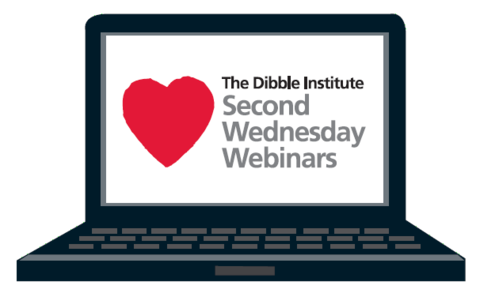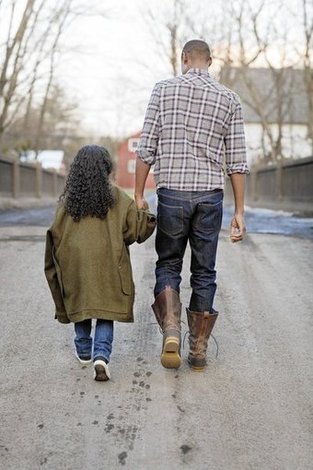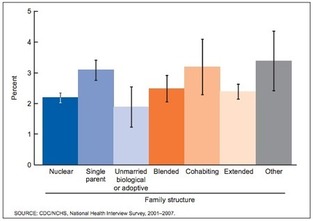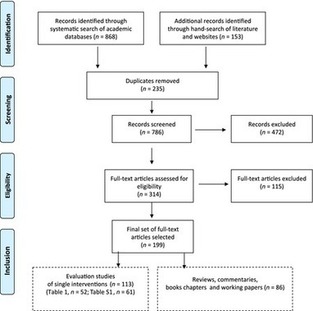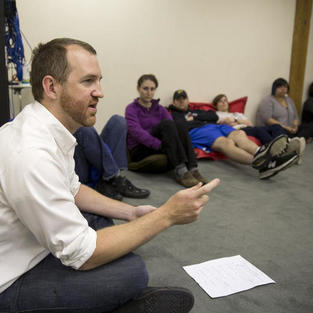From: Michael McManus <mike@marriagesavers.org>
Date: Thu, Jul 31, 2014 at 6:14 AM
Subject: "$10 Great Dates" - Ethics & Religion Col. #1,718
To: Bill Coffin <BillCoffin68@gmail.com>
Ethics & Religion
9311 Harrington Dr.
Potomac, MD 20854
July 31, 2014
Column #1,718
“$10 Great Dates”
By Mike McManus
“$10 Great Dates” is a book opening with a conversation. One asks, “What’s your favorite date?
She replies, “You mean before we were married?”
“No, what’s your favorite date from the last couple of months.”
After a period of silence, she responds, “We don’t actually date. We’re so busy, and it’s super expensive! It’s just not easy to do.”
If that sounds like you, here’s a must-read book co-authored by David & Claudia Arp and Peter & Heather Larson. It offers a date a week you and your spouse can do for less than $10 each.
Think back to your initial dating days and why you dated each other in the first place. “Because I’m crazy about her.” “He makes me so happy.” “I want our relationship to grow.” “I want to know her on a deeper level.”
“Wouldn’t it be great if married couples could tap into this kind of positive energy in an ongoing way? Dating on a regular basis is a fun way for couples to rejuvenate their love for each other,” they assert.
The Arps, long-term friends of ours, have often said, “Fun in marriage is serious business. Have you ever met a couple on the way to divorce who were having fun together?”
Therefore they recommend that couples have regular date nights, but “dates with a purpose.” (Not just dinner and a movie, but dates “that stretch you and take you out of your normal routine.”)
What makes a date great? First, “quality time together, giving each of you a break from normal routine, a shared activity and conversation. Men tend to relax through doing an activity; women often relax by talking.” A combination is what’s needed.
Each suggested date follows a succinct pattern: Before Your Date suggestions on how to research possibilities and tips for the actual date, Talking Points that can be conversation starters. Finally, each ends with Great Dates Takeaway, a thought to ponder and apply to your relationship. Here are two outlines of $10 Great Dates:
The “Out-of-Towners Great Date” suggest that you look at your own town as if you were a tourist. “Pretend this is your first visit. You may be amazed what you discover.”
Before Your Date research your area. Search the web to find discount days, coupons and other deals for the places you plan to visit. Chamber of commerce have free brochures.
On Your Date allow plenty of time. Consider a walking tour of the downtown area. Wear a backpack with water and snacks to stay on budget. Be sure to have a camera.
Talking Points: What did you learn about your hometown? If you were giving a guided tour, what would you include?
Great Date Takeaway: When we take the time to explore together, we gain a new appreciation of where we live, work and play. How does this relate to your relationship?
Take A Hike (Together): Pack your backpack and take an all-day hike. “We love to hike along the Potomac River, and each year try to do a seven-mile hike that takes us all day up and down a rugged path with scenery that is amazing,” write Dave and Claudia.
Before Your Date research hiking trails near you. Most hiking guides will give details, such as distance, difficulty and other unique features.
On Your Date stay on the path, but if it is too difficult, be willing to turn around. On narrow paths, take turns leading. It can be fun to use a walking app. “We highly recommend the Walkmeter app, which costs $5, leaving $5 for snacks.”
Talking Points: “If you made a map of your marriage journey so far, what would it look like? What were some of the romantic highs or valley lows?
Great Date Takeaway: Taking the time to walk together encourages a new appreciation of the wonderful world that God created.
The Arps have authored similar books, such as “10 Great Dates to Energize Your Marriage,” which is both a book and a set of DVDs that we recommend to churches as a way to enrich a congregation’s marriages. Several hundred thousand churches have shown the brief DVD excerpts on a series of Friday nights, after which couples go on a Great Date to discuss “Resolving Honest Conflict,” “Becoming an Encourager,” etc.
Peter Larson is a psychologist who co-authored the customized couple inventory called PREPARE/ENRICH, a diagnostic tool we recommend for both premarital couples and those in crisis. Heather is a Christian relationship coach. They have produced DVD Dates with the Arps.
If you have children, see 8 cheap options for child care.
No excuses not to date!
Copyright © 2014 by Michael J. McManus, President of Marriage Savers and a syndicated columnist.
****************************************
Mike McManus is President of Marriage Savers
and a syndicated columnist, writing Ethics & Religion weekly
9311 Harrington Dr.
Potomac, MD 20854






















 us. It begins in June when
us. It begins in June when 



